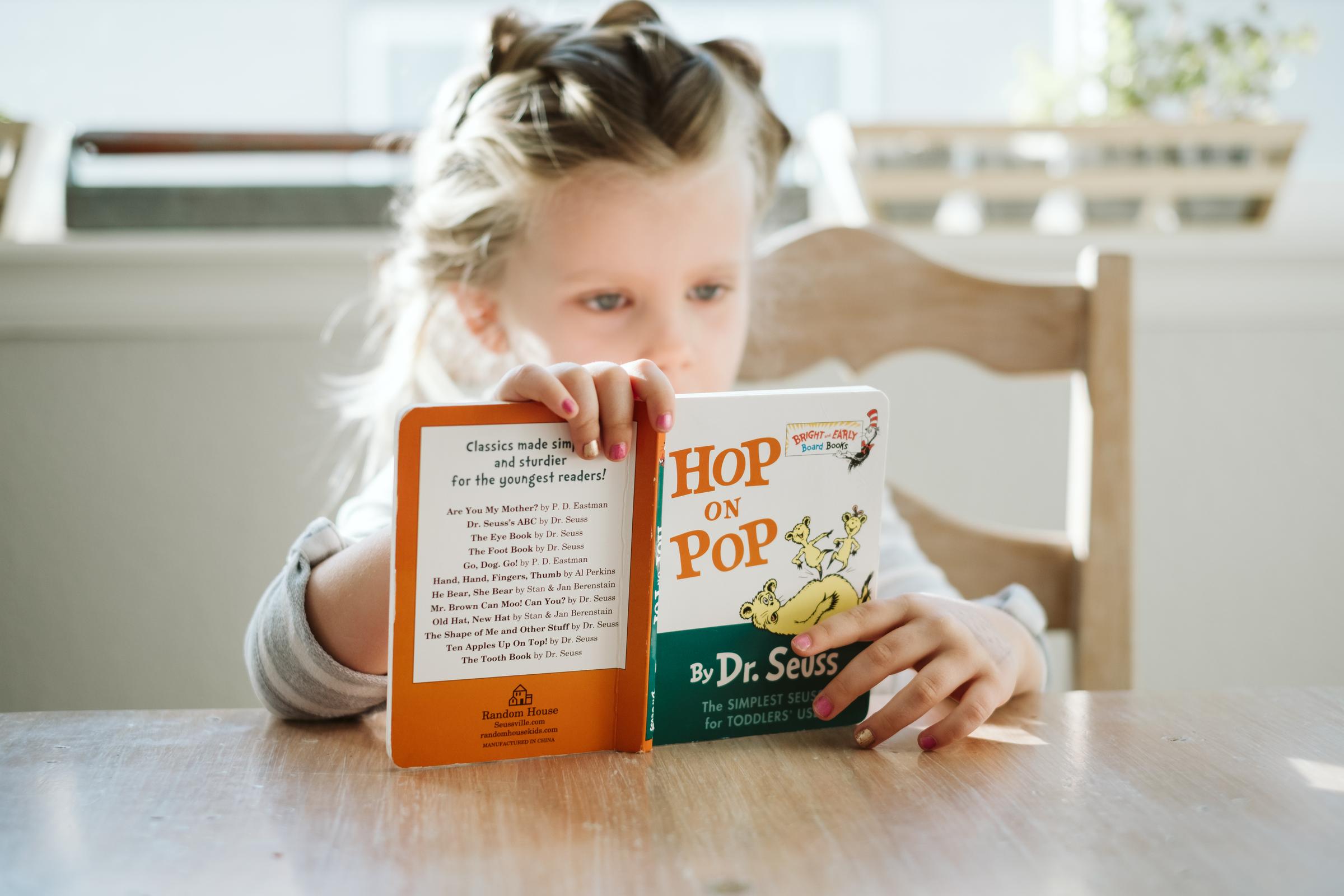Literacy

The Importance of Practicing Spelling and how to do it at Home
In an age where spellcheck and autocorrect are everywhere, the importance of spelling might seem diminished. However, mastering spelling remains a crucial skill, integral not only for academic success but also for clear communication in daily life. Good spelling enhances reading and writing abilities, helps in understanding word meanings, and boosts confidence. It’s a skill that lays the foundation for effective communication and literacy.
Why is Spelling Important?
- Improves Literacy Skills: Good spelling enhances reading comprehension and writing clarity. It aids in the recognition of words, which is essential for fluent reading.
- Boosts Communication: Accurate spelling helps in conveying the intended message clearly. Poor spelling can lead to misunderstandings and miscommunication
- Academic Success: Spelling proficiency is often linked to overall academic achievement. It’s a skill tested in schools and is crucial for good grades in many subjects.
- Builds Confidence: Being able to spell correctly boosts a child’s confidence in their writing and communication skills.
Ideas for Practicing Spelling at Home
- Spelling Games: Engage in fun spelling games like Scrabble, Boggle, or online spelling apps. These games make learning interactive and enjoyable.
- Flashcards: Create flashcards with words that need practice. Review them regularly, and incorporate them into everyday activities.
- Writing Prompts: Encourage children to write stories, letters, or journals. This practice not only improves spelling but also enhances creativity and writing skills.
- Spelling Bees: Organise mini spelling bees at home. This can be a fun family activity that also helps children practice under a bit of pressure.
- Word Walls: Create a word wall in a common area of the house. Add new words each week and encourage the child to use these words in sentences.
- Online Resources: Utilise online resources and apps designed for spelling practice. Many of these platforms offer interactive and personalised learning experiences.
- Daily Reading: Encourage daily reading. Exposure to correctly spelled words in books, articles, and other reading materials naturally improves spelling skills.
- Spelling Lists: Work on weekly spelling lists. Focus on a manageable number of words each week and practice them through various exercises like writing sentences or finding synonyms.
- Storytelling: Create stories together. Take turns adding sentences to a story, focusing on correct spelling and usage of new words.
- Real-Life Application: Encourage children to help with writing grocery lists, letters, or emails. Real-life application of spelling skills reinforces learning.
Practicing spelling at home can be both educational and enjoyable. By incorporating a variety of activities and resources, children can develop strong spelling skills that will serve them well throughout their lives. Remember, the key is consistency and making the practice fun and engaging. Happy spelling!
